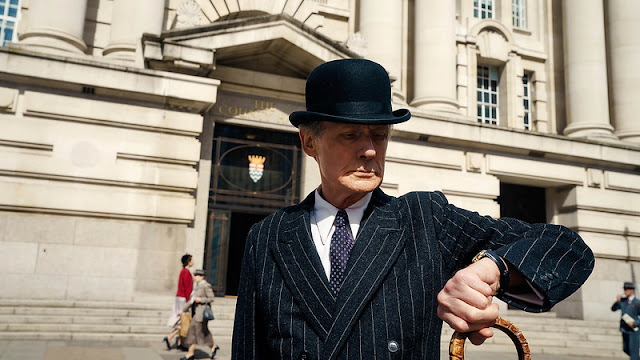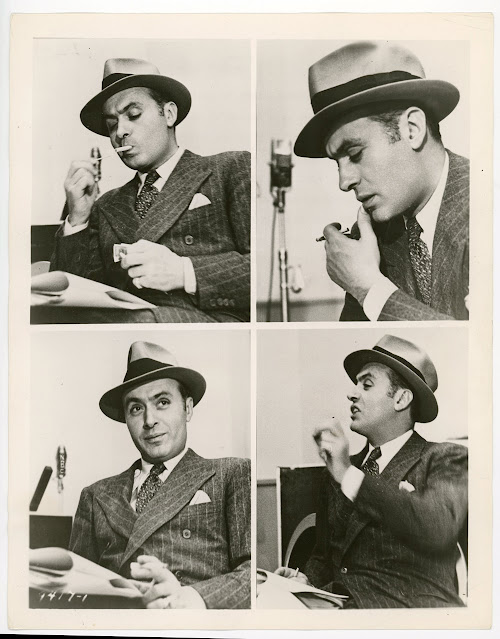Lucille Ball and Desi Arnaz are having a moment. They were recently been the subject of Aaron Sorkin's new movie Becoming the Ricardos, which stars Nicole Kidman and Javier Bardem as the famous duo. And TCM's season three of their excellent podcast The Plot Thickens devotes an entire 10 episodes (plus a bonus one) to Lucille's story. Now there is a new documentary, directed by Amy Poehler and premiering on Amazon Prime March 4th, that takes viewers into the world of these two 20th Century icons.
Lucy and Desi follows the story of the two entertainers from their early days in New York and Cuba, to their start in Hollywood, the success of the I Love Lucy show and Desilu Studios and beyond. The documentary includes archival footage, home video, family photographs, clips from I Love Lucy and audio recordings of Ball and Arnaz talking about their lives. Poehler wanted to tell the story of Lucy and Desi through their own words which she does effectively in this film. There are plenty of interviews too including with family members, experts, and celebrities like Carol Burnett, Bette Midler and Charo.
The documentary demonstrates just how influential Lucy and Desi really were. A powerhouse couple in the entertainment industry, the resounding success of I Love Lucy and the birth of Desilu Studios revolutionized television production. Lucille Ball was a brilliant comedian and a free spirit. Desi Arnaz was a master at the business and a talented producer. The film also explores their marriage, including stories from their children, and even goes into some detail about their second marriages, which are often overlooked despite lasting longer than the Ball-Arnaz union. There is a really moving story, as told by their daughter, about Lucy and Desi's final meeting and their final phone call.
There were a couple of claims made in the film which were a bit off. I'd have to revisit the doc to see what exactly was said because I only got one chance to see it. It was suggested that Lucille Ball and Vivian Vance were the first on screen female comedy duo. While that was a rarity, they were not the first and such a claim ignores the fact that comedic talents like Thelma Todd, ZaSu Pitts and Patsy Kelly (who all worked with each other in duos) existed before the advent of television. Also there was a claim that Lucy and Desi were the original lifestyle brand which also ignores how many famous actors were employed to market household products on radio shows and in magazine ads.
Lucy and Desi is a good primer for anyone wanting to learn about these two entertainment icons. However, I would steer people more towards TCM's podcast The Plot Thickens which is very well-researched, offers more information, includes plenty of audio so you get that feeling like you heard Lucille Ball tell her own story, but also has the added benefit of Ben Mankiewicz as host.
Lucy and Desi had its world premiere at the 2022 Sundance Film Festival and will be available on Amazon Prime in March.















